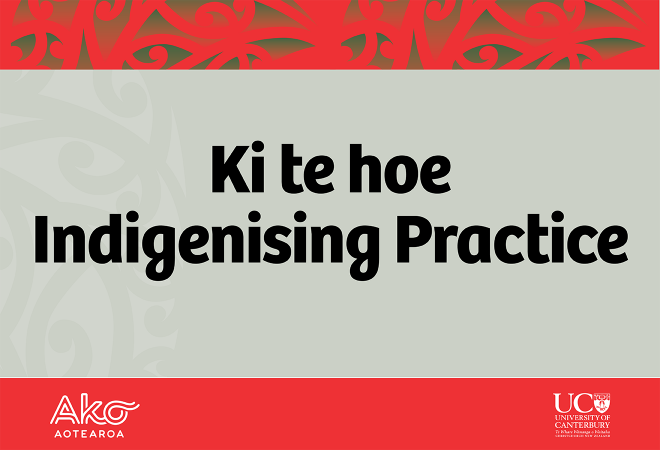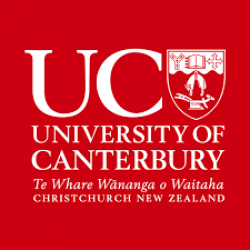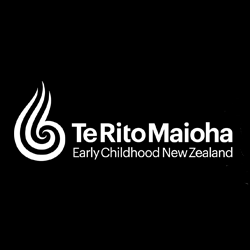
Ki Te Hoe: Indigenising Practice
Status
Completed: 29 March 2023
Project Details
Ki te Hoe: Journeying Towards Indigenising the Early Childhood Curriculum in Aotearoa New Zealand is the author’s Doctoral research. The study focusses on honouring indigeneity within the mandated bicultural early childhood curriculum Te Whāriki (Ministry of Education, 1996, 2017).
Aims:
The study highlights the difficulty of structural change, that is the shift from monolingual and monocultural to a bilingual, bicultural early childhood sector.
The study found that there was still a need to support all Kaiako to develop and strengthen their daily practice. A suite of bilingual and bicultural tools has been developed to support Kaiako in becoming confident and authentic bicultural practicing Kaiako.
Methodology:
The author adopted a view of methodology as a plan of action that included her own cultural lens, her views of the world and the nature of knowledge. Kaupapa Māori research principles together with appreciative inquiry model and mix method research approaches captured the strengths of two distinct worldviews.
Team

Dr Ngaroma Williams
Project Leader
University of Canterbury
Kari Moana Te Rongopatahi
University of Canterbury
Te Uwhikura Mihaka
Te Rito Maioha
A. Delaune
University of Canterbury
R. Betts
University of Canterbury
Awhi Clarke
University of CanterburyKey Findings
An earlier suite of te reo me ngā tikanga Māori tools were developed for the national Kaupapa Māori Ako Aotearoa project Ngā Taonga Whakaako: Bicultural competence in early childhood education by the author and colleagues (Williams et al, 2012). Eleven years later it is timely that another suite of tools has been developed to support all Kaiako to ensuring that te reo Māori not only survives but thrives (Ministry of Education, 2017).
Key Recommendations
Recommendation One:
That Ki te hoe – Indigenising Practice suite of te reo me ngā tikanga Māori, Te Tiriti o Waitangi, and Ngā Iwi o Niu Tīreni teaching and learning resources are made readily available to: Aotearoa New Zealand’s early childhood education sector and the teaching profession at large. There is an assumption that these resources will have a wider reach both nationally and internationally.
Recommendation Two:
A further development by the author is to develop a comprehensive set of te reo me ngā tikanga Māori resources for both the Primary and Secondary sectors. This is to support all Kaiako in strengthening their te reo Māori teaching and learning repertoires to meet the te reo Māori requirement towards renewal of annual teaching practice certificates through the Teaching Council of Aotearoa New Zealand.
A set of te reo Māori rerenga kōrero (everyday phrases) and waiata used within 27 curriculum areas and activities within the daily programme.
Created by: Williams, Ngaroma. M. & Te Rongopatahi, Kari Moana. (2023)
- 8 June 2023
A karakia and waiata booklet and audio files that support the karakia and waiata booklet.
Created by: Williams, Ngaroma. M. & Mihaka, Te Uwhikura. (2023)
- 8 June 2023
A te reo me ngā tikanga Māori resource that provides a kaupapa Māori lens to self regulation through learning the aspects of the Māori Lunar Calendar, definitions of a set of tikanga Māori principles, and monthly whakataukī (proverbs).
Created by Williams, Ngaroma. M. (2024)
- 19 June 2024
A resource supporting Kaiako to understand, integrate, and enhance their teaching practice with Te Tiriti o Waitangi through key topics, reflection questions, examples, and a content pathway to support te reo Māori language planning.
Created by: Williams, Ngaroma. M., Delaune, A. & Betts, R. (2023)
- 8 June 2023
A set of 12 Iwi pepeha across Niu Tīreni and Wharekauri.
Created by: Williams, Ngaroma.M., Mihaka, Te Uwhikura & Clarke, Awhi. (2023)